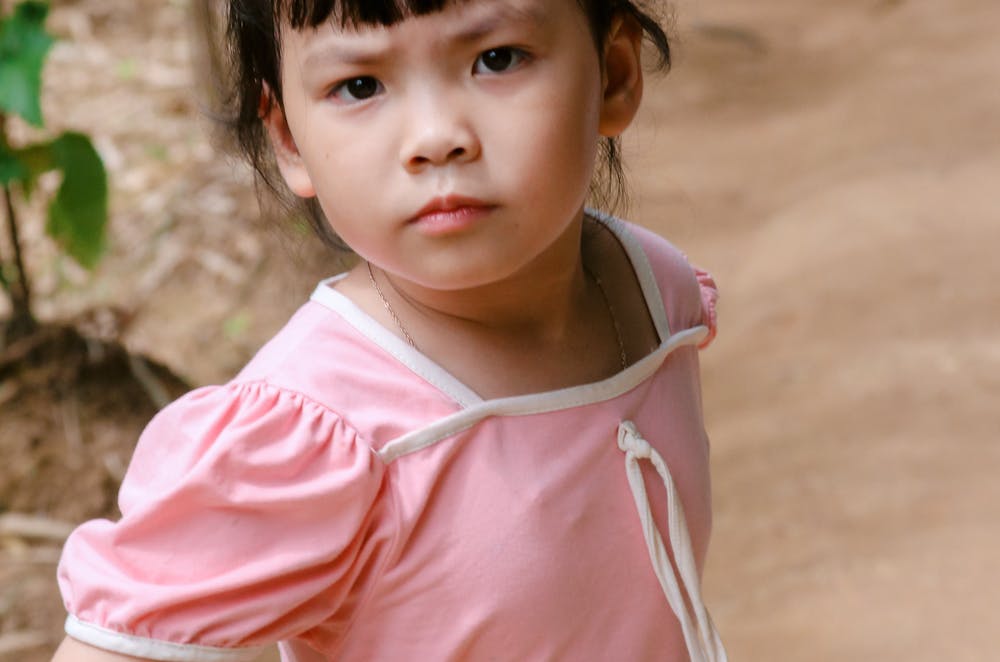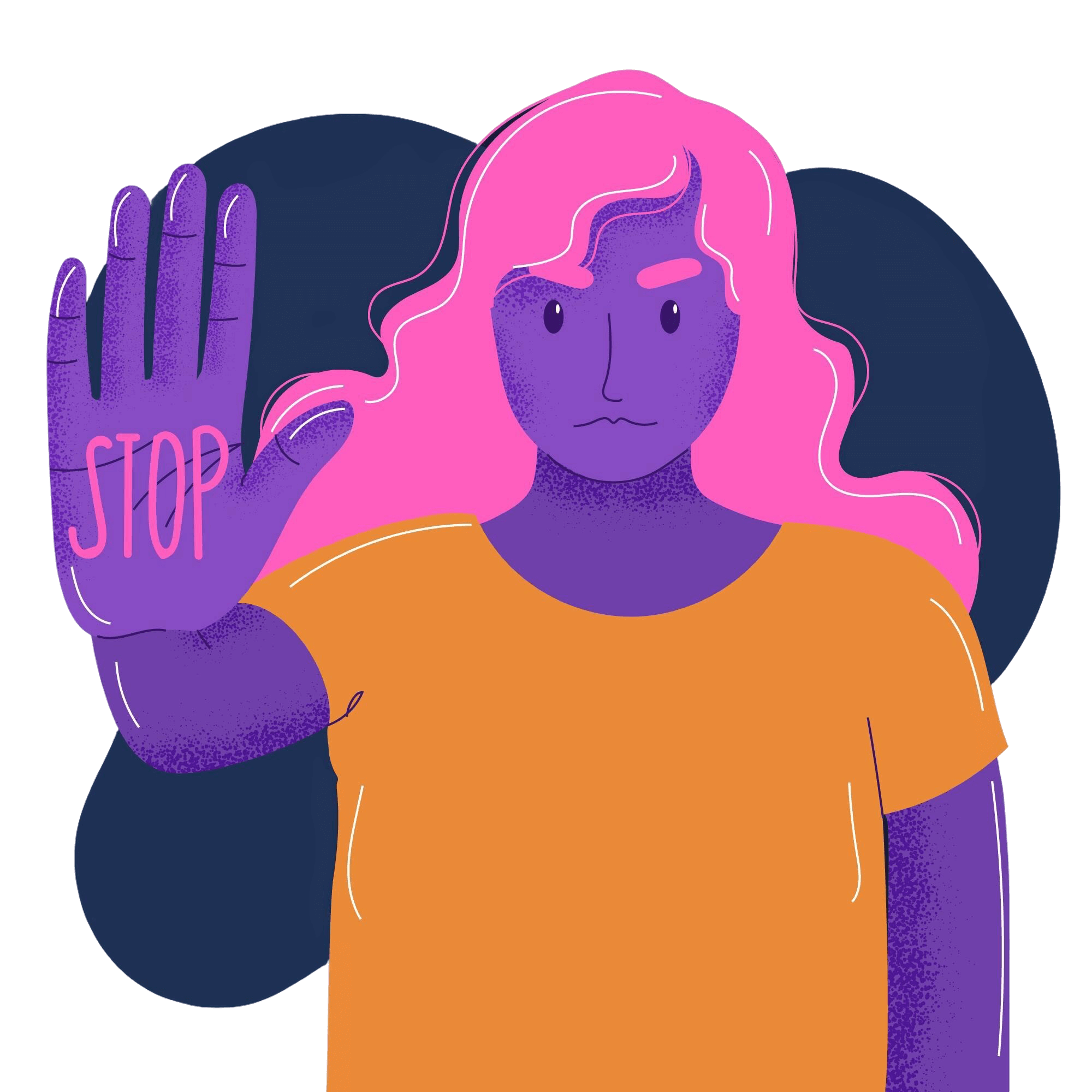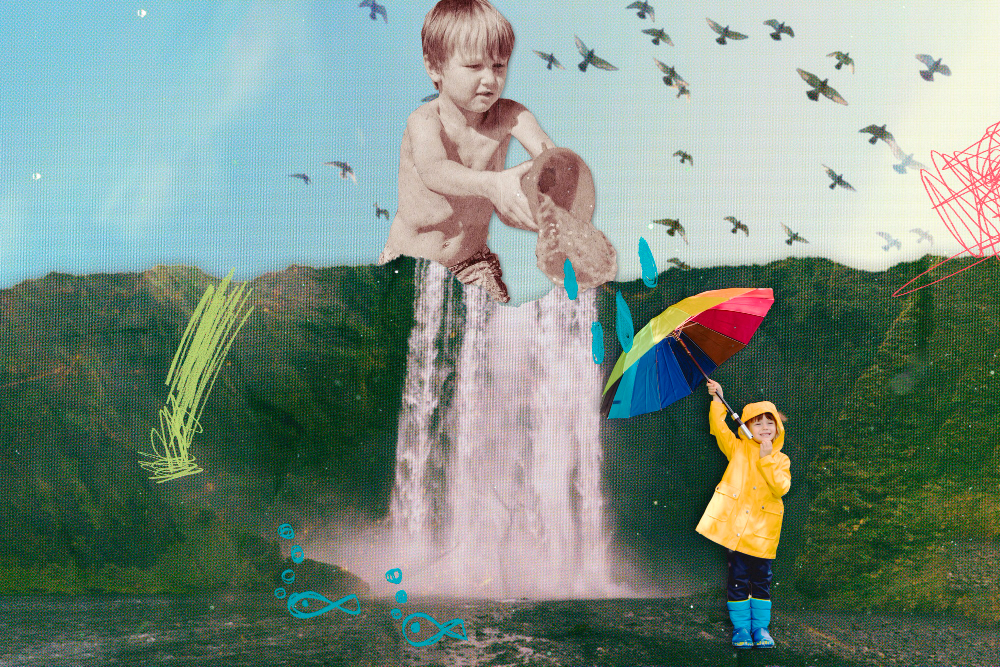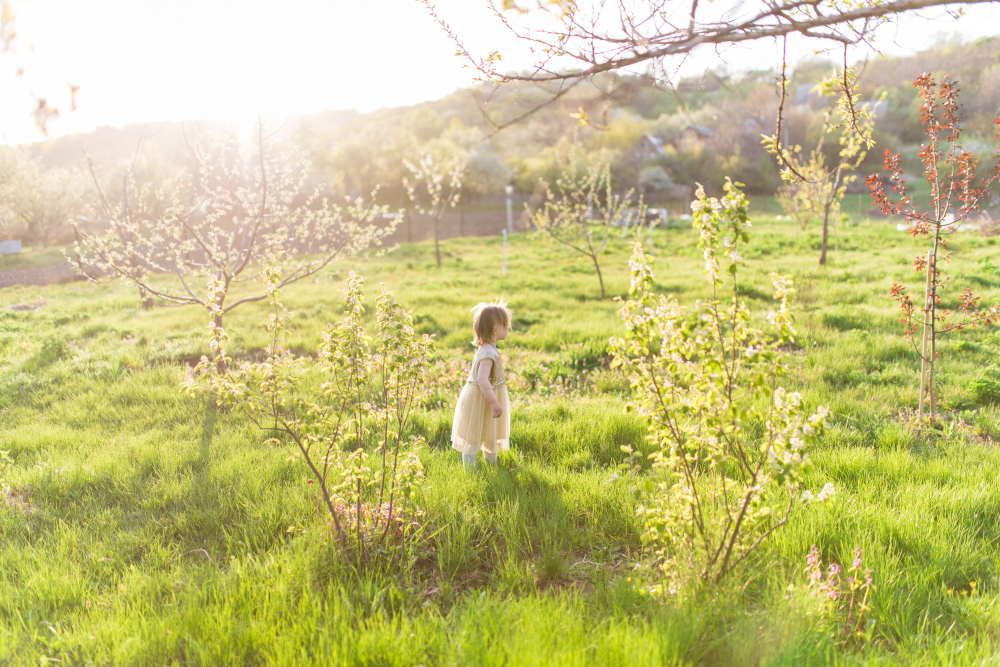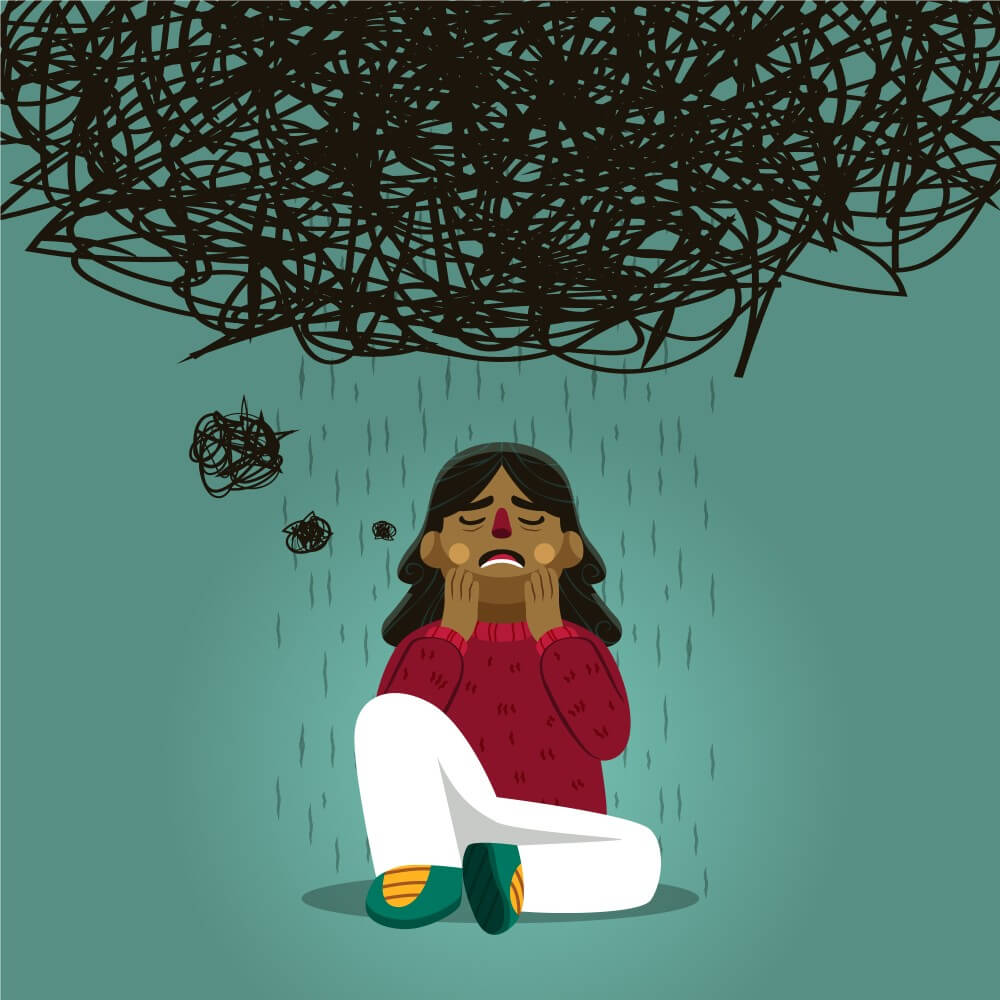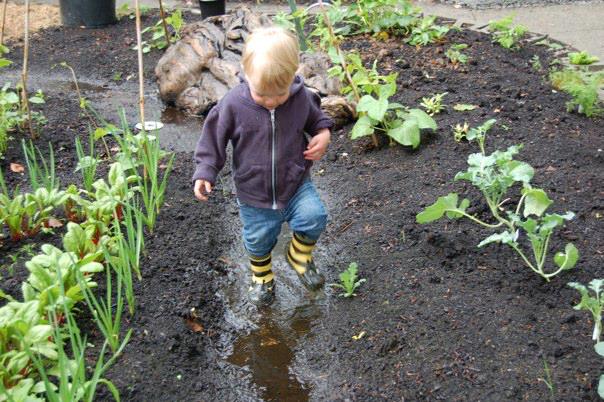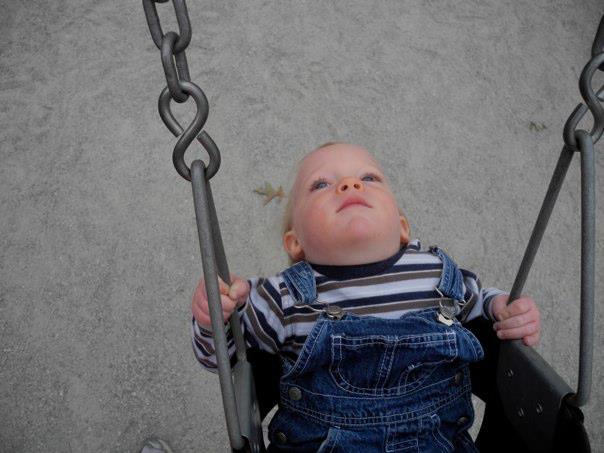This resource library is for educators who want to move away from collective punishment but feel overwhelmed by what to do instead. You deserve support. Your instincts toward fairness are sound. There is a better way—and you don’t have to find it alone. Also see: FAQs.
Resources
These tools offer clear, practical, emotionally grounded alternatives that honour both student dignity and teacher capacity.
-

Thriving beyond survival: neurodivergence, environment, and disability justice
-

What looks like a reward is often a repair
-

Non-coercive, trauma-informed alternatives to PBS/ABA in BC schools
-

What are we teaching them in gym?
-

One-pager about collective punishment
-

Collective punishment in schools: How humiliation undermines emotional safety and learning
-

The history of this website
-

Debility is not a diagnosis: What Jasbir Puar helps us see about invisible harm in BC schools
-

Why we’re tracking collective punishment across Canada
-

On far gone conclusions and participating in a school district’s accessibility committee
-

Barriers in the process mirror the barriers we named
-

What collaboration really means
-

Introductions are an access issue
-

We must start with an acknowledgement of harm
-

Suspending justice: What ethics can (and can’t) teach us about school discipline
-

Fight flight fawn freeze: surviving school
-

How to talk about collective punishment: a conversation guide
-

The moral cost of leaving children in fight-or-flight
-

What would it really cost to fix the problem?
-

IEP goals we actually believe in mostly (even though we wish they didn’t exist)
-

Language to start a revolution
-

Introducing the school finder: making it easier to act
-

The ABCs of engineered scarcity
-

Trust undone: how collective punishment breaks the heart of the school
-

Inviting collaboration on repairing trust after collective punishment
-

Beyond blame: reimagining discipline in a trauma-informed world
-

Why we built the BC School Districts collective punishment database
-

Engineered famine in public education
-

There’s no such thing as unexpected behaviour
-

Make it weird, meet the curriculum: a parent’s guide to joyful, inclusive PE
-

On Stuart Shanker’s Self-Reg
-

A glossary of conditional care
-

The high stakes of understanding PDA
-

A perspective taking primer for educators
-

How to smell a rat: spotting fake neurodiversity-affirming programs
-

Pathological Demand Avoidance (PDA)



